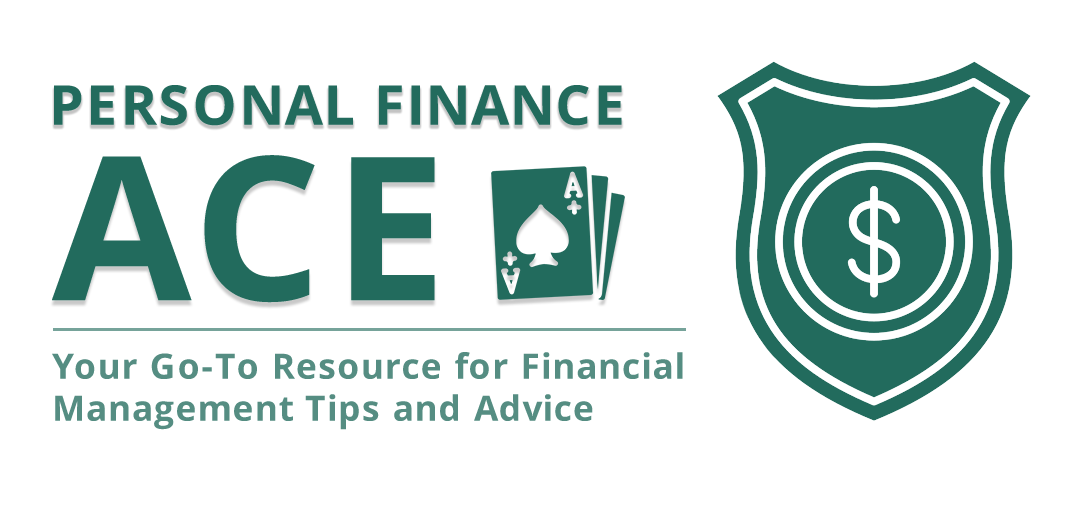Retirement planning is important for everyone, but it can be particularly challenging for small business owners. As a self-employed individual, you are responsible for funding your own retirement and need to be proactive in planning for your future.
Here are some tips for small business owners to navigate the challenges of retirement planning:
1. Set retirement goals
Determine your retirement goals, such as the age you want to retire, the lifestyle you want to lead, and the amount of income you’ll need to sustain that lifestyle.
2. Consider tax-advantaged retirement plans
Look into tax-advantaged retirement plans such as SEP-IRAs, SIMPLE IRAs, and Solo 401(k)s. These plans offer tax benefits and can help you save for retirement.
3. Start saving early
The earlier you start saving for retirement, the better off you’ll be. Even if you can only afford to save a small amount each month, it will add up over time.
4. Invest wisely
Invest your retirement savings in a diversified portfolio of stocks, bonds, and other assets. Consult with a financial advisor to determine the best investment strategy for your retirement goals.
5. Plan for healthcare costs
Healthcare costs can be a significant expense in retirement. Consider purchasing long-term care insurance or building up a healthcare savings account to cover these costs.
6. Monitor your retirement plan regularly
Keep an eye on your retirement plan and make adjustments as necessary. This may involve increasing your contributions, adjusting your investment strategy, or revising your retirement goals.
Retirement planning can be daunting for small business owners, but with careful planning and the right strategies, you can achieve your retirement goals. Remember to consult with a financial advisor to ensure that you’re on the right track.
By following these tips and planning ahead, small business owners can navigate the challenges of self-employment and build a strong retirement plan for their future.





